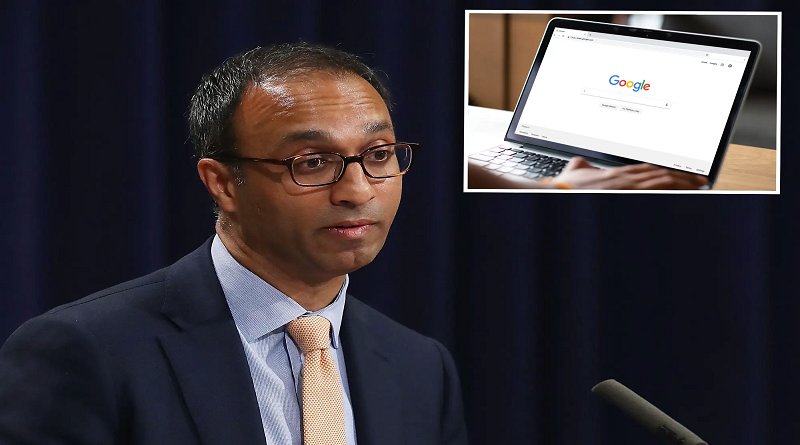Judge Mehta Questions Data Sharing with AI Rivals in Google Antitrust Case

Google Antitrust Case: Judge Mehta Questions Data Sharing with AI Competitors
In the final phase of the U.S. antitrust trial against Google, District Judge Amit Mehta is deliberating on appropriate remedies to address Google’s illegal monopoly in online search. A central issue is whether emerging AI companies, such as OpenAI and Perplexity, should be granted access to Google’s search data.
Judge’s Skepticism on AI Competitors
Judge Mehta expressed doubts about classifying AI companies as direct competitors in the traditional search engine market. He questioned the Department of Justice’s (DOJ) proposal to include these AI firms in the definition of general search engine competitors, indicating that such inclusion might not align with the established market definitions.
DOJ’s Forward-Looking Approach
DOJ attorney Adam Severt argued that while the case has focused on past conduct, the remedies must consider future market dynamics. With the rapid advancement of AI technologies, the DOJ believes it’s essential to implement measures that address potential anti-competitive behaviors in emerging AI-driven search markets.
Google’s Defense and Proposed Remedies
Google’s attorney, John Schmidtlein, contended that the company has already taken steps to foster competition by ending exclusive agreements with device manufacturers. Google opposes the DOJ’s proposed remedies, which include:
- Selling its Chrome browser
- Halting payments to be the default search engine on devices
- Sharing search data with AI competitors
Google argues that such measures are overly broad and could hinder innovation.
Emergence of AI in Search Competition
Judge Mehta acknowledged that future competition might stem from AI companies offering more than traditional search capabilities. He noted that users may prefer AI-driven responses over conventional search results, highlighting the evolving nature of the search market.
Awaiting Final Decision
Judge Mehta is expected to issue a final ruling by August 2025. The decision will have significant implications for digital competition and could influence how companies like Apple and Google integrate AI into their platforms.
This case represents a pivotal moment in addressing the intersection of antitrust law and emerging AI technologies.




